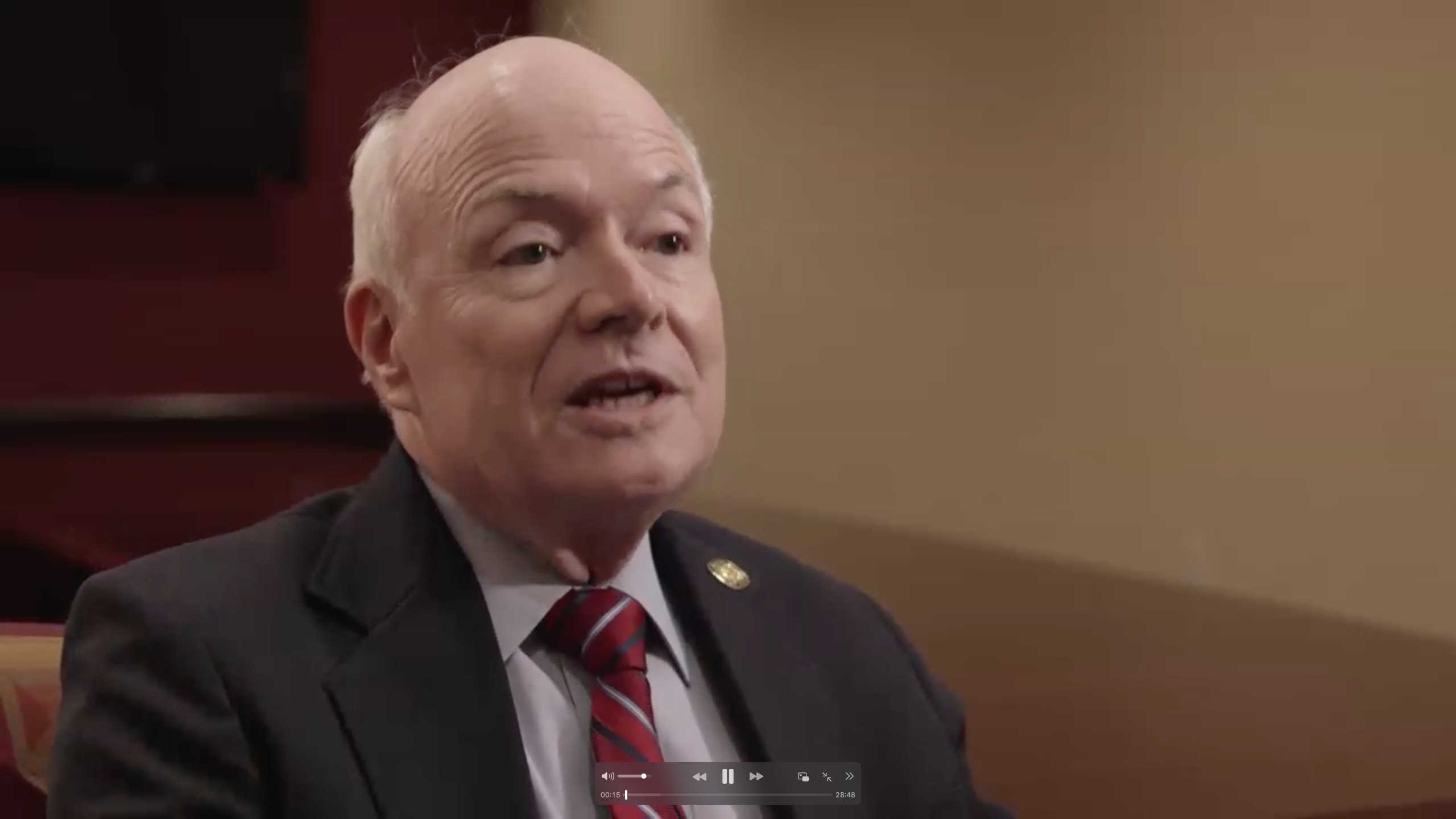From Stand for Health Freedom:
INDIANA: Tell your Senator to kill SB4 or stick to simple solutions!
Our Stand: At-A-Glance
- SB4 is an expensive plan to standardize and centralize public health in Indiana. The bill has created a long list of questions about how giving the state more power will affect Hoosiers and whether it has the ability to help at all. The complexity should give legislators pause. COVID-19 mandates being forced into uniformity across the state is one big concern with the bill. While a law was passed in 2021 to help limit overreach by local health officers, no equivalent measure puts limits on the state’s ability to do the same. It’s counterintuitive to increase the state’s health budget by $200 million annually without first performing an audit of the state’s performance over the last three years during the largest public health event in history. Indiana’s public health policies during COVID had devastating effects on Hoosiers. Economic, health, education, and social losses throughout Indiana have resulted in the loss of public trust; a new, alternative strategy may be needed. If legislators insist on increasing investment in public health, we need simpler, more transparent, less centralized solutions.
- Currently, the 95 Indiana health departments split $7 million annually in Local Health Maintenance Funds (LHMFs) from the state’s budget. This amount has remained frozen for 21 years. A simple increase in LHMFs through the budget (HB1001) would provide the flexibility the locals want without the need to attach strings to funding; change the state governance structure; mandate more data collection; and add further levels of oversight by the state. A simple increase in LHMFs also ensures that the money goes directly to counties, without the risk SB4 carries of funds being diverted to or through Indianapolis.
- There are other solutions. Most of the public health concerns in Indiana (obesity, diabetes, tobacco use, etc.) are best addressed between a patient and their health care provider. However, health care costs in Indiana are drastically higher than surrounding states. To further support Hoosiers and strengthen delivery of health services, nonprofit hospitals could be asked to help fill existing gaps in service. Based on their testimony during HB1002 and other hearings over the last year, these nonprofit hospitals are sitting on reserves of 5-6 months of operating expenses; an amount 5x larger than the state’s own reserves.
Read more about it, and use SFHF’s handy email tool to contact your Senator here.




